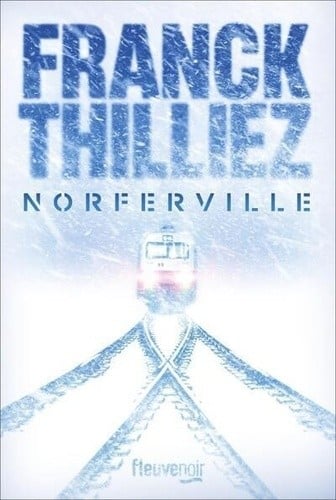En cours de chargement...
This book studies complex anthropic crisis processes. What we present in this instance is a descriptive summary of our approach to the comparative study of specific crisis cases, focusing on the instances in which crises occur, analyzing the ways in which the actors made decisions about the future of their organizations. and environments. In the study of crisis cases we have appreciated that the deviant actions of some specific agents, as in the case of Barings Bank or of an entire organization acted with synergy as in the Odebrecht case.
We also saw cases such as the subprime mortgage crisis or the "dot com" crises, which have much deeper systemic roots. How do we approach the comparative study of more than twenty case studies developed in this research process? We have gradually approached the comparative study of crisis cases with a qualitative approach based on a standard model of description of the cases studied. We then think of a QCA-type approach that basically integrates the following approaches to analysis: crisp, fuzzy and multivariate.
Specifically, in our reference methodological approach, we consider that the fuzzy set Qualitative Comparative Analysis which is represented by the acronym fsQCA especially applies. The approach to the comparative study of crisis cases was consolidated from the study of a set of factors (conditions) that were considered representative of the way in which the actions of the agents were conducted, which were distributed into six groups (three for consider aspects of the crisis environment and three for endogenous aspects of the main affected organizations).
This would be the starting basis for studying the different crisis cases, which would be refined during the study process. A reference base that was refined with preliminary passes where we carried out several comparative studies. Is it possible to obtain "indexical evidence" for future crisis studies? The challenge turned out to be, being able to know: Which signals are most relevant? Is Conjunctional Causality common in fsQCA approaches? Based on the conclusions reached from the study of the selected cases applying fsQCA, is it possible to make general recommendations? Specifically: Can recommendations be developed to better address the development of an anthropic crisis in an organization? And finally: Can guidelines be generated to anticipate the future development of crises and propose contributions to reduce their negative impacts? The contributions are visible.
We think the findings are revealing.






